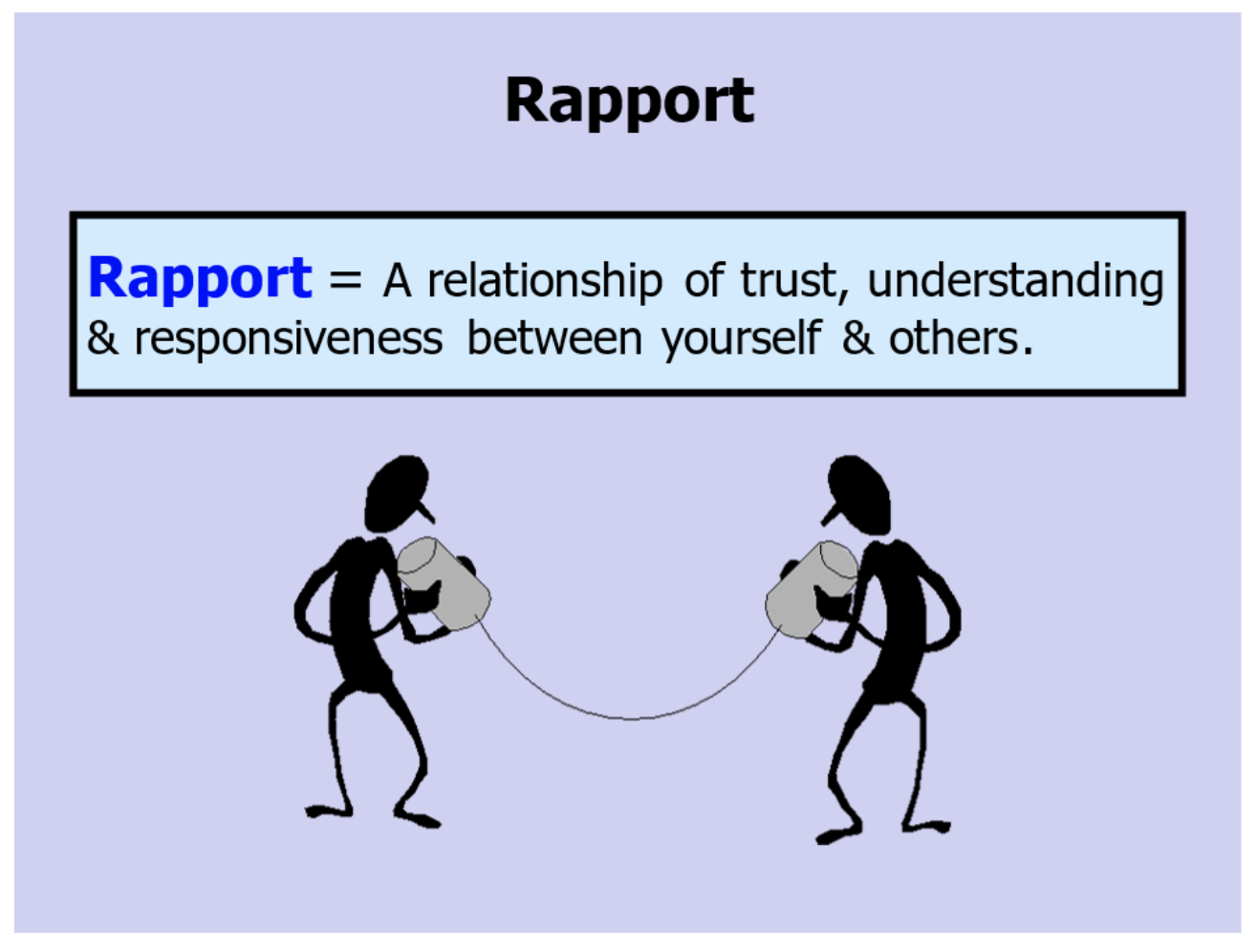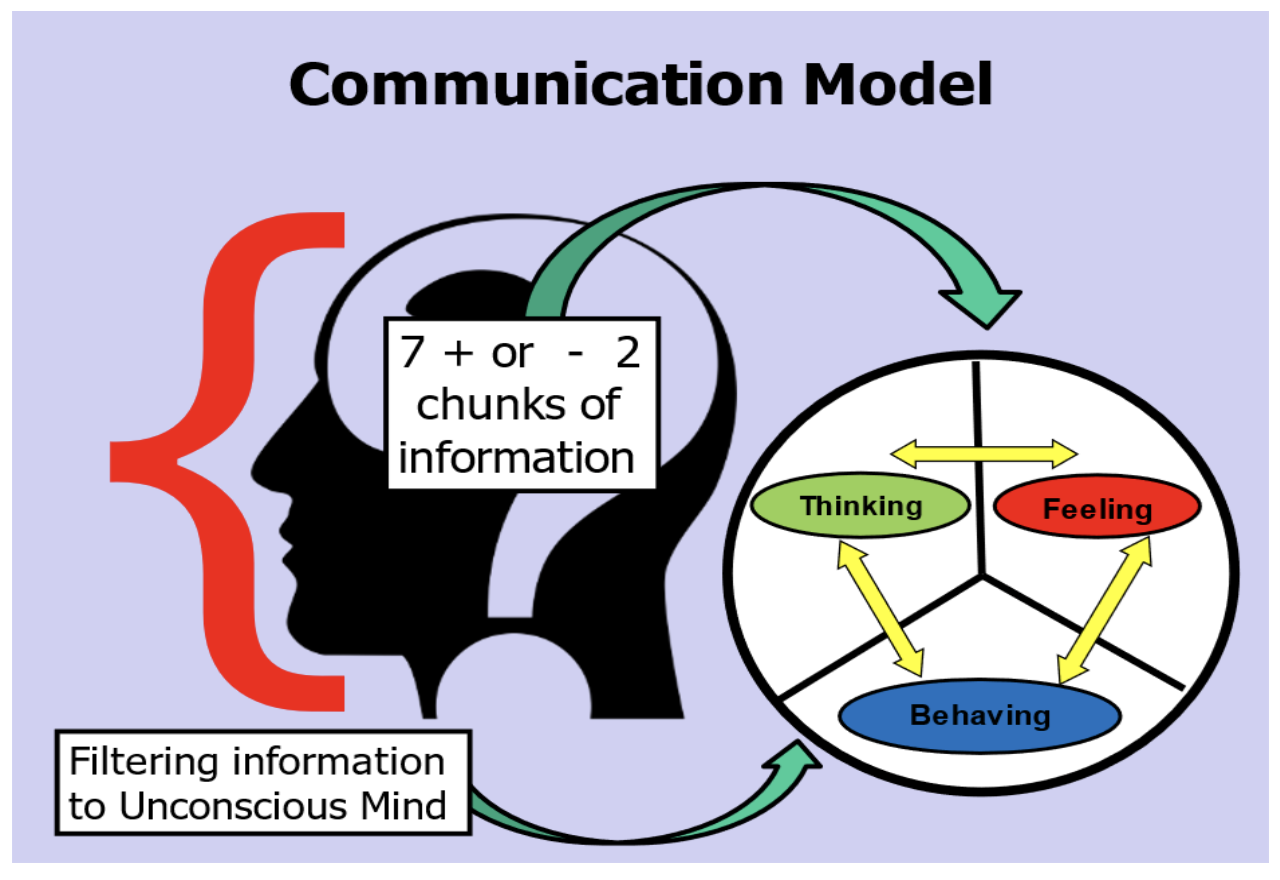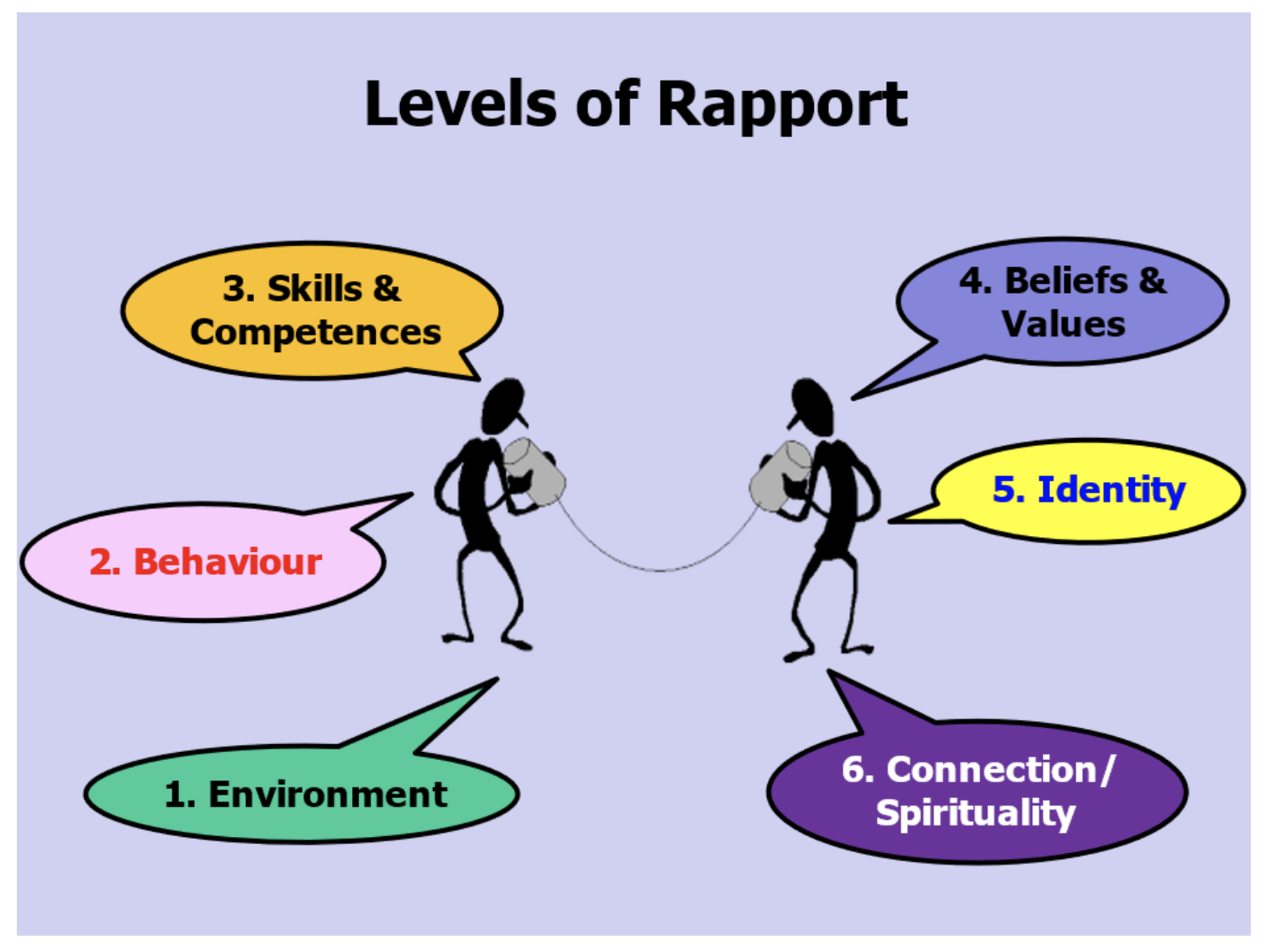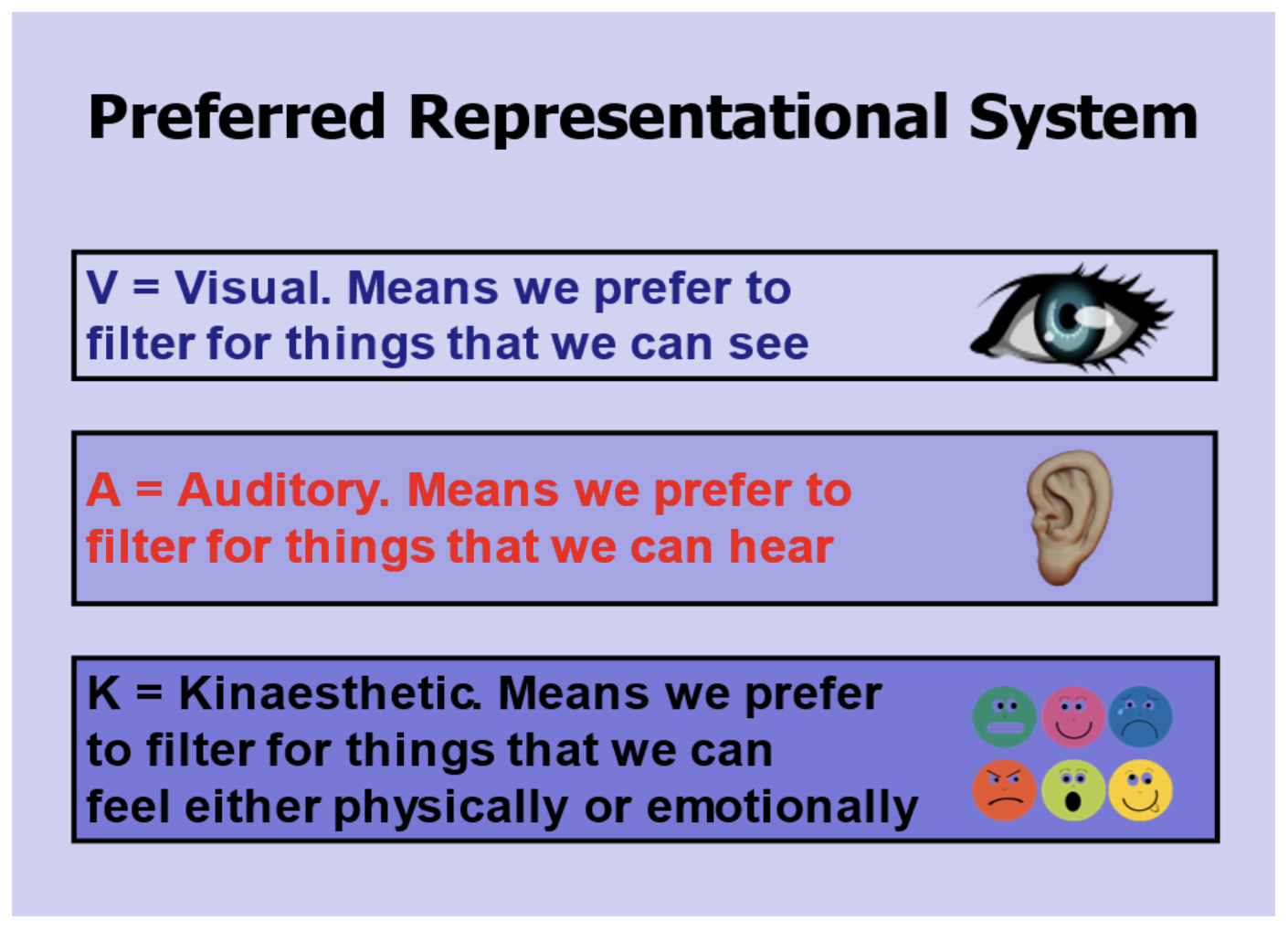1
2. Step by Step to Great Rapport
2. Step by Step to Great Rapport
Sobre
Welcome back to your Badge Journey of the international training course Mental Health Promotion in the Youth Field, day 2.
Today we’d like you to take some time to reflect on the work we have done to start to understand the skills we can learn to build even better Rapport in our Youth Work and the importance of this to promote mental health in young people.

Here’s a quick review of our work today:
The Communications Model: We started with this Model and how our minds are separated into the “Conscious” and Unconscious” Parts. You might remember that the Conscious Mind thinks it’s in-charge and how that can lead to problems…

Levels of Rapport: We went on to look at the different steps to building great rapport.

V.A.K: We spent some time thinking about our 3 main “Representational Systems” and how our awareness can help us to build Rapport with young people.

Obter uma medalha da atividade
Step by Step to Great Rapport Obter esta medalha
This badge is a reflection tool for the second day of our International training course Mental Health Promotion in the Youth Field when we focussed on building and maintaining rapport with young people.
It is based on the work we have done together to:
- Find out what rapport is and how to build it
- We explored the Communications Model and how it fits in with the work we did yesterday on the Mercedes Model
- Understand the 3 main Preferred Representational Systems and how we use those in our work to build rapport
The holder of the badge will have worked either on their own or in a small group to reflect on the questions:
- how the day has gone
- what has been learned
- how to use this in your youth work
- how to use it else.
The questions are designed to optimise generative learning: they are not just about what the participant has learnt but also how they can use the learning in their work and personal life.
- L1.2: Understanding that learning is a lifelong process that requires openness, curiosity and determination,
- L3.2: Planning and implementing learning goals, strategies, resources and processes,
- L3.3: Reflecting on and assessing purposes, processes and outcomes of learning and knowledge construction, establishing relationships across domains,
- P1.1: Awareness and expression of personal emotions, thoughts, values, and behaviour,
- S1.1: Awareness of another person’s emotions, experiences and values, and
- S2.1: Awareness of the need for a variety of communication strategies, language registers, and tools that are adapted to context and content.
Tarefas
Tarefa n.º 1
Evidência verificada por: um organizador de atividades
- How has today gone for you?
- What have you learnt?
- How can you use this in your youth work?
- How else can you use it?
Competências
ESCO
#promover a saúde mental
LIFECOMP
#Critical thinking
LIFECOMP
#Managing learning
LIFECOMP
#Self-regulation
LIFECOMP
#Empathy
LIFECOMP
#Communication
Organizadores
Cities of Learning Network
Badge issuer recognized with
Alterar idioma:
